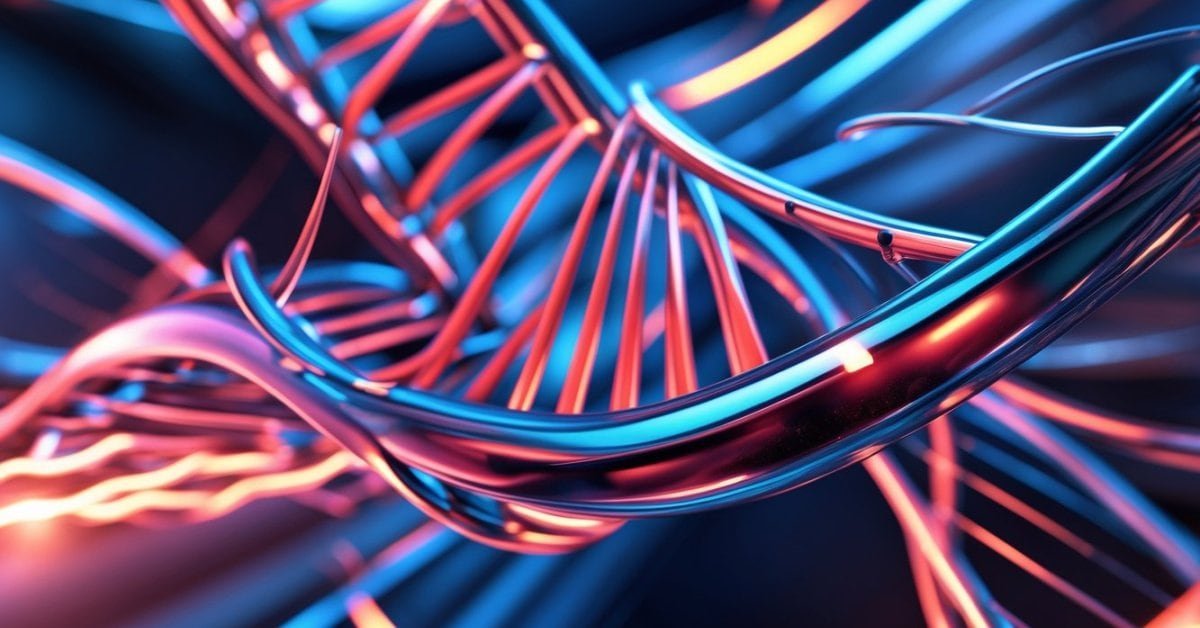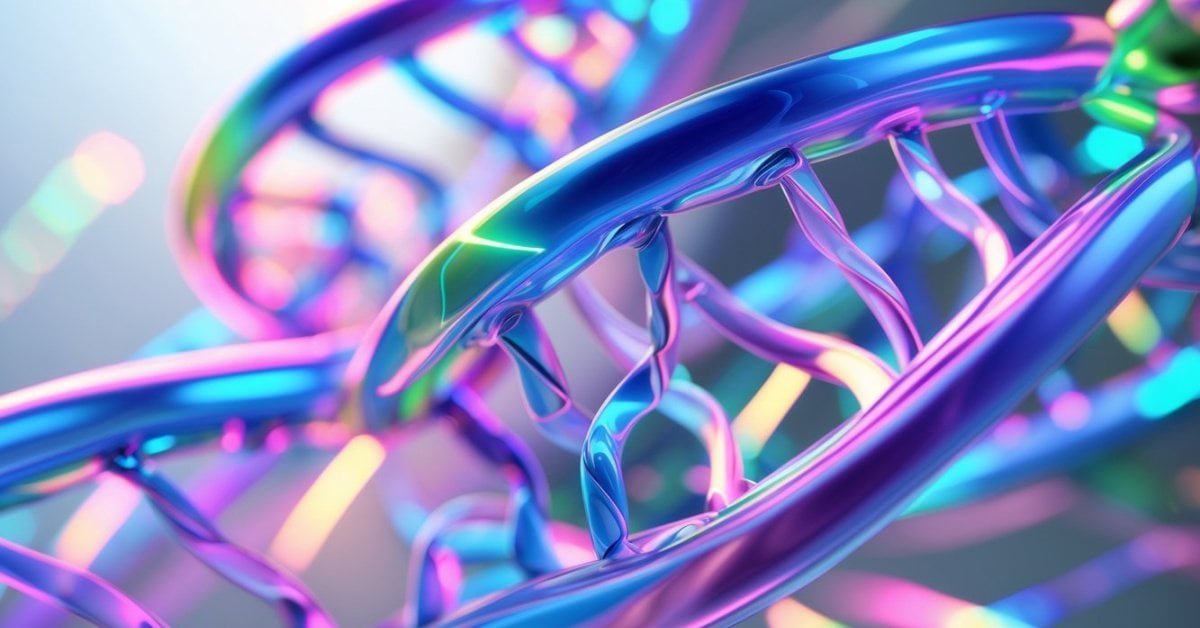When you hear about HLA-B27, you probably think of joint pain or autoimmune conditions, not your mood or mental health. But if you’ve ever wondered why anxiety or depression seem to tag along with physical symptoms, you’re not alone. More people are starting to ask how this gene marker might be linked to what’s going on in their minds as well as their bodies.
Understanding the connection between HLA-B27 and mental health can feel overwhelming. You might worry that your struggles are just “in your head” or wonder if there’s more to the story. Let’s explore how HLA-B27 could play a role in anxiety and depression, and what you can do to support both your physical and emotional well-being.
Understanding HLA-B27: An Overview
HLA-B27 refers to a specific protein found on the surface of white blood cells. This marker plays a key role in your immune system, helping identify and respond to foreign substances. Among people with HLA-B27, prevalence rates differ by region, with about 7% to 8% in the US and up to 14% in northern European populations, as noted by the National Institutes of Health (NIH).
Carrying HLA-B27 doesn’t guarantee you’ll develop an autoimmune condition, though the marker’s presence increases risk. When HLA-B27 appears, it’s more commonly linked to spondyloarthropathies—such as ankylosing spondylitis, reactive arthritis, and psoriatic arthritis. For example, between 80% and 90% of people with ankylosing spondylitis have HLA-B27, according to the Spondylitis Association of America.
While the link to joint and spine inflammation is widely studied, research continually uncovers how immune changes tied to HLA-B27 may influence mental health—including anxiety and depression. You may notice symptoms that go beyond your joints, like fatigue or a persistent low mood. These can relate directly to both the immune response and the daily stress of living with unpredictable pain.
Understanding HLA-B27 helps you connect the dots between your physical symptoms and emotional well-being. Recognizing these connections gives you a foundation for seeking effective, holistic strategies that support your health.
The Link Between HLA-B27 and Mental Health
You might notice that living with HLA-B27 adds unique challenges not just for your body but also your mind. Research connects this gene marker to shifts in mood, specifically anxiety and depression, which often overlap with physical symptoms.
Biological and Psychological Mechanisms
Understanding HLA-B27’s role in mental health involves exploring both immune and psychological pathways. Studies from the Journal of Clinical Rheumatology (2021) link higher rates of depression to increased inflammation among HLA-B27–positive individuals. Inflammation markers like cytokines—examples include TNF-α and IL-6—rise in people with autoimmune conditions, which can influence neurotransmitters available for mood balance. Chronic inflammation leads to fatigue and pain, both of which make symptoms of anxiety and depression more likely.
Psychological stressors also compound the effects. Navigating daily uncertainty, pain, or fluctuating symptoms can strain your mental reserves. Shared patient surveys, including those from the Spondylitis Association of America, show that a sense of unpredictability and lack of control drives feelings of anxiety.
Impact on Daily Life and Well-Being
Physical and emotional symptoms closely connect for many living with HLA-B27. Fatigue can keep you from social events or sports, which impacts both mood and energy. Pain might limit your ability to work, exercise, or participate in favorite routines. A report in Arthritis Care & Research (2022) found that nearly 40% of HLA-B27–positive patients felt a significant drop in their quality of life due to persistent low mood and anxiety.
Managing both mental and physical symptoms often means seeking comprehensive care plans. Naturopathic approaches—examples include mindfulness, dietary changes, and movement like yoga—can join medical treatments for more balanced mental health. Connecting your symptoms to HLA-B27 creates more room to find personalized strategies, from tracking mood shifts to building daily routines that support your whole self.
Anxiety in Individuals With HLA-B27
You might notice anxiety showing up as a major challenge when living with HLA-B27. It’s common for anxiety symptoms to overlap with chronic pain, fatigue, and other immune-related changes.
Prevalence and Symptoms
You see anxiety rates increase among HLA-B27–positive individuals when compared to the general population. Studies, like one published in Clinical Rheumatology (2020), report that up to 38% of those with HLA-B27–associated conditions experience moderate-to-severe anxiety. Common symptoms include restlessness, persistent worry, sleep disturbances, and muscle tension. These symptoms can flare during periods of increased pain or inflammation. Many report anxiety peaks during medical uncertainty, new treatment starts, or flare-ups.
Coping Strategies and Treatment Options
You can use practical approaches to manage anxiety tied to HLA-B27. Integrative strategies, such as mindfulness meditation, regular aerobic exercise, and guided breathing, help many reduce worry and regain emotional balance. Anti-inflammatory diets (like Mediterranean-based meal plans), rich in omega-3 fatty acids and leafy greens, can decrease both pain and anxiety symptoms. Psychotherapy, especially cognitive-behavioral therapy (CBT), shows good results when anxiety disrupts daily life. If anxiety remains stubborn, consider pharmacologic options, as many patients find benefit from low-dose SSRIs prescribed in close coordination with your healthcare team. Peer support groups, both in-person and online, make it easier to share experiences and find new coping strategies.
Depression Associated With HLA-B27
Depression often accompanies living with HLA-B27–related conditions. As someone who manages both patients’ care and my own health, I see how this genetic marker shapes emotional well-being.
Risk Factors and Manifestations
Depression risk increases for you when HLA-B27 is present, especially with chronic pain or inflammation from conditions like ankylosing spondylitis. Studies, such as those in Arthritis & Rheumatology (2018), report depression rates of 30–45% in HLA-B27–positive spondyloarthritis patients, higher than in the general population. Common signs include persistent sadness, hopelessness, loss of interest in activities, and fatigue. In my experience, symptom flares and unpredictable pain make these feelings stronger. Social withdrawal and difficulty concentrating appear often, compromising daily routines and relationships. Sleep disruptions combined with chronic fatigue tend to worsen mood for many.
Approaches to Management and Support
Management of depression tied to HLA-B27 relies on understanding both the psychological and biological aspects. Integrative care, which I use myself, combines evidence-based therapies:
- Antidepressant medications, like selective serotonin reuptake inhibitors (SSRIs), target neurotransmitter imbalances when inflammation is high.
- Psychotherapy, especially cognitive-behavioral therapy (CBT), helps address negative thought patterns and develop resilience.
- Movement therapies, including gentle swimming or walking, boost mood and limit joint stiffness. I recommend tracking your energy to match activity with good days.
- Mindfulness-based stress reduction and yoga reduce stress hormones with regular practice. Several patients and I see symptom relief through short daily routines.
- Anti-inflammatory diets, such as Mediterranean or plant-based plans, decrease systemic inflammation linked to mood. For example, increasing omega-3s and leafy vegetables supports brain health.
- Peer support, like local or virtual groups, provides understanding and shared coping tips.
- Monitoring symptoms and mood weekly helps guide adjustments to your plan with your care team’s input.
Early identification of depressive symptoms and a holistic management plan keep you engaged and better equipped to live with HLA-B27.
Integrating Physical and Mental Health Care
Combining physical and mental health care practices addresses the full spectrum of HLA-B27’s impact on your well-being. As someone positive for HLA-B27, you benefit most from support that brings together medical, psychological, and lifestyle interventions in one coordinated care plan.
Role of Healthcare Providers
Coordinated approaches among healthcare providers improve your outcomes with HLA-B27. Rheumatologists, primary care physicians, mental health specialists, and naturopathic doctors often collaborate on your care strategy. Joint management helps you navigate both flare-ups of pain and periods when anxiety or depression feels overwhelming. Integrative teams jointly review medication regimens, physical therapy progress, and mental health needs, creating data-driven care plans that adapt as your condition changes. In my practice, I find that communicating clear updates between medical and mental health providers, using digital health tracking, eases the management of complex symptoms and keeps you engaged in your treatment. Approaches including anti-inflammatory therapy, CBT, movement therapies, and mindfulness-based techniques often work in tandem for optimal results.
Patient Advocacy and Community Resources
Supporting yourself with advocacy and community resources empowers you throughout your HLA-B27 journey. Patient organizations, such as the Spondylitis Association of America and CreakyJoints, offer digital forums, educational events, and local peer support groups tailored to HLA-B27–positive individuals. Peer-led groups give you safe spaces to discuss shared challenges, such as medication side effects or feelings of isolation, with people who understand your experiences. Advocacy networks encourage you to share your concerns with healthcare providers, participate in decision-making, and stay updated about emerging therapies or research. By connecting with others and accessing specialized resources, you reinforce both your emotional resilience and your ability to navigate the complexities of HLA-B27–related conditions.
Conclusion
Living with HLA-B27 can feel overwhelming at times but you’re not alone in facing these challenges. Support is available and there are effective ways to manage both your physical and mental health.
Taking small steps to care for your mind and body can make a big difference in your daily life. Connecting with others who understand what you’re going through can also help you feel more empowered.
Remember to lean on your healthcare team and explore resources that fit your needs. By staying proactive and open to support you can build resilience and find hope even on the toughest days.





